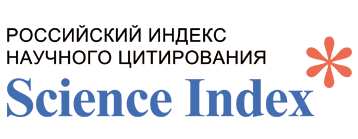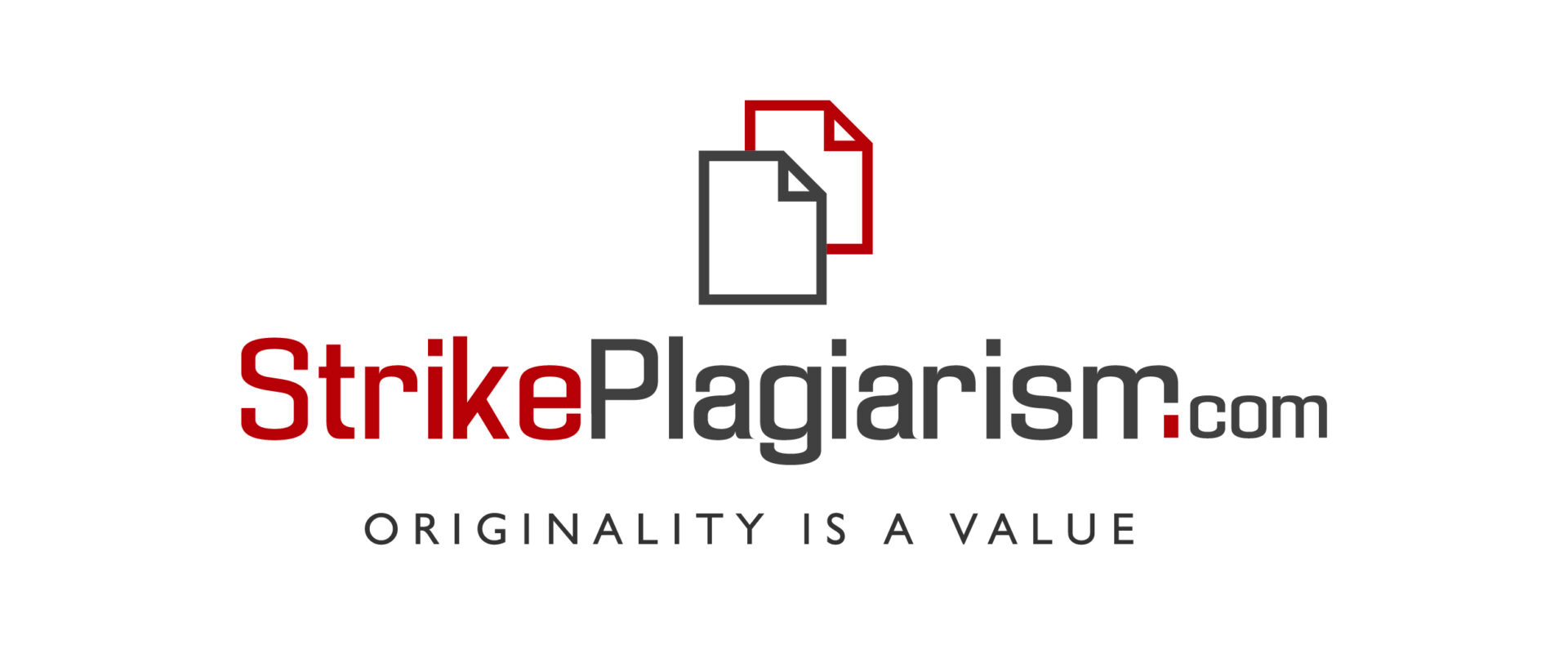ABOUT THE ONLINE COURSE "RUSSIAN LINGVOMED" FOR INTERNATIONAL MEDICAL STUDENTS
Аннотация
Digitalization in a modern university is an opportunity to develop educational technologies in a new way: the Internet comes to the fore with accessible web sites and tools for creativity and development of both a teacher and a foreign student. Websites are publicly accessible media channels that provide unlimited opportunities for users to receive and transmit information. Cyberspace creates a large-scale information exchange, interactive range in which each participant of information can become an active user. In the digital space, a creative teacher can edit and publish his own materials, introducing a huge number of users to his accumulated works. This article is devoted to the problem of a new form of additional Russian language training for international medical students for clinical practice in 3-4 courses with English language of instruction, undergoing course training in Russian to prepare for professional practice in medical institutions of the Republic of Kazakhstan, in which the interaction of a teacher and an international student is carried out at a distance and reflects all the inherent learning process components (goals, content, methods, organizational forms, learning tools) implemented by means of Internet technologies.
Ключевые слова:
digitalization, continuous online learning, Russian as a foreign language, Russian Lingvomed, international medical students, cyberspaceБиблиографические ссылки
Chirkova V.M. (2016), “The problem of choosing teaching aids used in teaching foreign medical students the Russian language”, International Journal of Applied and Fundamental Research, no.b11-6, pp. 1208-1212.
Kovyneva I.A. and Petrova N.E. (2015), “Interdisciplinary integration of the Russian language and specialized disciplines in a medical University when teaching foreign students the language of the specialty (from teaching experience)”, Modern problems of science and education, [Electronic], no. 1, available at: http://www.science-education.ru/121-18541 (Accessed: 17 Nov 2022).
Bogomolov, A.N. (2008), Scientific and methodological development of a virtual language environment for distance learning in a foreign language (Russian) language, Abstract of Ph.D. dissertation, Moscow, Russia.
Usov, Yu. N. (1995), On the principle of the formation of audiovisual literacy. The place and functions of mass communication (radio, television, cinema, press) in the process of pedagogical influence, Central Council of the Pedagogical Society, Moscow, 241 p.
Kurylenko, V.B. (2016), Methodology and methodology of continuous professionally oriented teaching of the Russian language to foreign physicians, Abstract of Ph.D, Moscow, Russia.
Aldasheva K., Ordabayev Ch. And Nabidullin A. (2021), “Using interactive online games in teaching a foreign language (on the example of english)”, Vestnik of Sh. Ualikhanov KU. Philological series, Kokshetau, no. 1, pp. 77-84.
Volkova, E.A. (2011), Integrative model of teaching foreign medical students the metalanguage of otorhinolaryngology, Abstract of Ph.D. dissertation, Nizhniy Novgorod, Russia.
Bely V.V. (2011), Language preparation for clinical practice: textbook, method. Manual, Belarusian State Medical University, Department of Belarusian and Russian languages, Minsk, BSMU, 104 p.
Vasetskaya L.S. (2014), “Model of teaching professional speech to foreign non-philologists students: a methodological experiment”, Pedagogical sciences: realities and prospects, Zaporozhye, Ukraine, no. 49 (Series 5), pp. 33-42.
Korobkova A.V. (2009), Formation of grammatical skills among foreign dental students, Siberian Pedagogical Journal, no. 10, pp. 121-126.
Koroleva, O.L. (2000), Methodological support of professionally oriented teaching of foreign medical students to communicate in Russian in preparation for clinical practice, Abstract of Ph.D. dissertation, Moscow, Russia.
Matalova S.V. (2007), The therapist’s dialogue with the patient: studies. manual on Russian language for foreigners. medical students speaking English, M.: NizhGMA, 124 p.
Gasparyan, L.S. (2017), Teaching foreign language oral speech communication to a future doctor in the field of practical healthcare, Abstract of Ph.D. dissertation, Moscow, Russia.
Kolesova, N.K., (2017), Teaching professional Russian speech to foreign students of a medical university, Abstract of Ph.D. dissertation, Moscow, Russia https://www.dissercat.com/content/obuchenie-professionalnoi-russkoi-rechi-inostrannykhstuentov- meditsinskogo-vuza-na-primere (Accessed: 09 Oct 2022).
Ozerova, E.N. (2011), Monitoring the quality of professional and communicative training of foreign medical students as a linguodidactic technology Abstract of Ph.D. dissertation, Moscow, Russia.
Russian for foreign medical students: intensive correction course (2022), available at: https://ru.rudn.ru/courses/povyshenie-kvalifikatsii/russkiy-yazyk-dlya-inostrannykh-studento medikov-intensivnyy-korrektirovochnyy-kurs/ (Accessed: 09 Oct 2022).
Medical rhetoric and the culture of the doctor’s speech (2022), available at: mode: https://ru.rudn.ru/courses/povyshenie-kvalifikatsii/meditsinskaya-ritorika-i-kultura-rechi-vraca/ (Accessed: 14 Oct 2022).
Опубликован
Как цитировать
Выпуск
Раздел
Лицензия
Copyright (c) 2022 Bulletin of Shokan Ualikhanov Kokshetau University Philological Series

Это произведение доступно по лицензии Creative Commons «Attribution-NonCommercial» («Атрибуция — Некоммерческое использование») 4.0 Всемирная.











